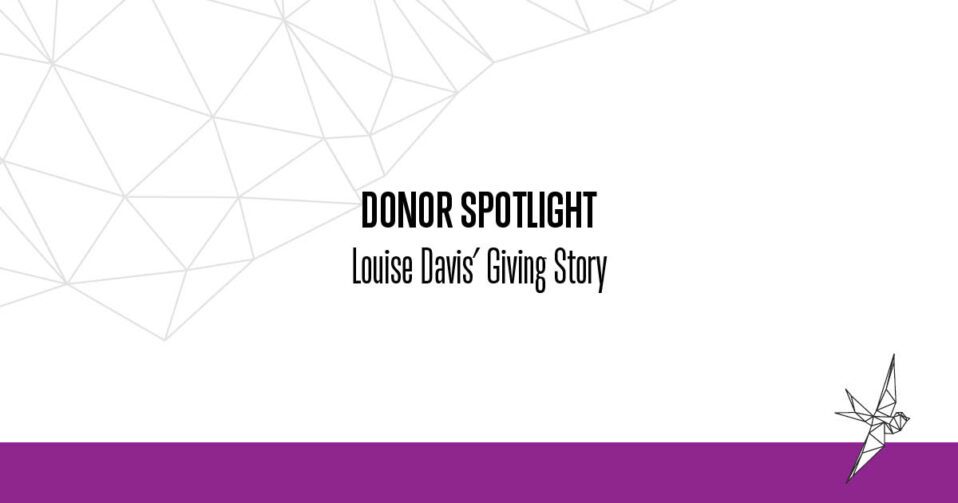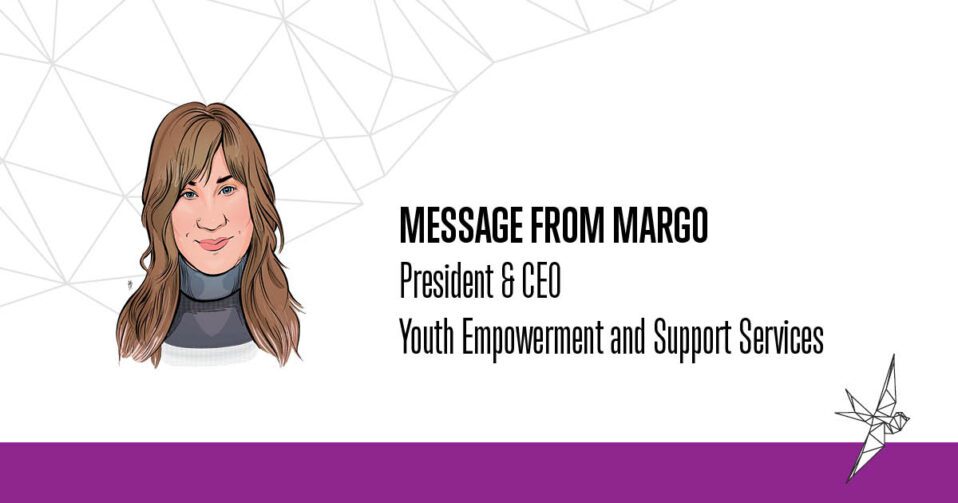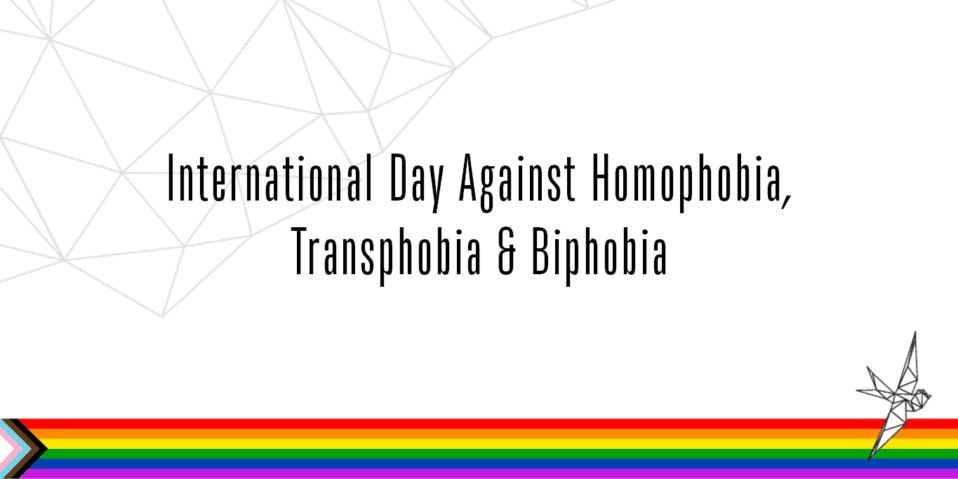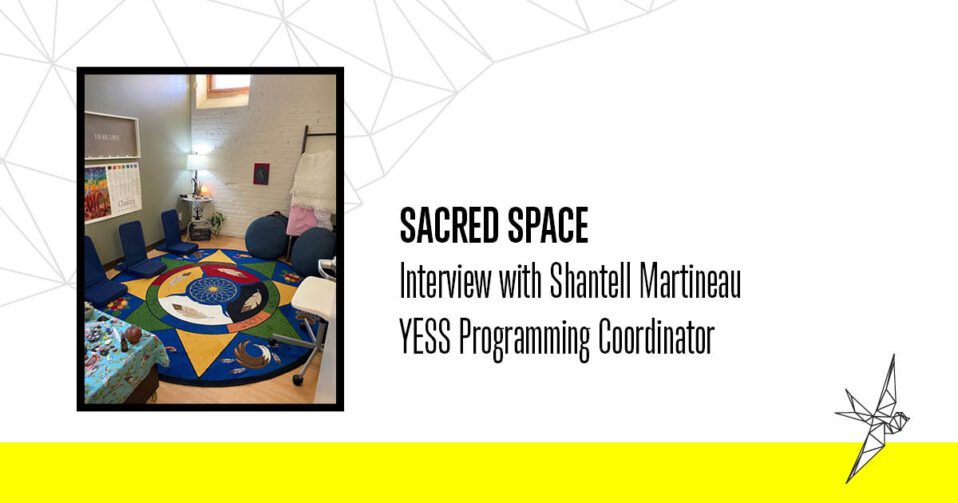It is a gift in itself to be able to so eloquently share deeply personal memories that echo resilience in times of hardship, and ultimately, a determination to find wellbeing. Long-time annual donor, Louise Davis, generously reflects on a time when love, belief, forgiveness, and compassion made all the difference in her journey through adolescence and life choices. She is certain of the powerful impact of constructive support, care, and guidance in young lives. Louise shares her confidence in the very real difference that can be made, and the better future that can be built, when a child knows that their well-being is our utmost concern.
I was born in 1932, the eldest of three children, at the beginning of the Great Depression. Everyone was poor so there were very few class distinctions. As I recall, until my mother became ill, we were happy with a loving extended family, grandmother, aunts, and uncles. Everyone tried to help us, but it meant that we, the children, had to be separated during school holidays so my father could work. In 1943, when I was eleven years old, my mother died at 34 years of age after suffering terribly with cancer. At that time, although everything was done to help her, medicine was not as advanced as it now is. As the oldest child, I understood what was happening. This affected my entire life and the choices I made.
The death of a parent is a life-altering event for everyone, my father included. He was young, at an age when today many men begin their first marriages. Here he was now with three bereaved children, so after 4 years, he married again. Unfortunately, the relationship between his new wife and we children was not happy or healthy, so we again became separated. My brother always said he could have used YESS at that time.
My sister and I became nurses. I spent most of my apprenticeship caring for people with cancer, but later concentrated on psychiatry. My sister developed a love of babies and worked in maternity. My brother was a businessman. We all valued family above all and built happy, secure homes. I had no children, but my brother and sister together have eight well-adjusted, happy young adults, most of whom have started families of their own. We made certain that our families would not suffer instability by working together, providing unconditional love whenever needed.
There were few community supports when I was a child, but families were larger and stronger in some ways. When my husband and I heard about YESS we decided to be supporters. Children are our most valuable asset. They are trying to build a system of identity, ethics, and beliefs to support themselves as they grow and learn, but they need help to do this. Disruptions at the teenage years are disastrous, especially if they interfere with the love and support they need. Sometimes parents are ill, or ill-equipped to care for their children. At other times they have not had a good experience themselves to pass on to their own children. There are many reasons for family instability and failure. People, like me, who can help should do their best.
I chose annual donations because I use investment income for charitable purposes. It is not until late in the year, after I know what is required to maintain my home and support for family that I have a true picture of funds available for others.
All I know about YESS youth began with my own experiences with family instability. My sister, brother, and I made our way to adulthood with the support of extended family and friends. We were separated, but kept together emotionally so that we could strengthen our ties as adults. We knew we were loved. That is what is so important. Young people need to know that others care about what happens to them personally. I think YESS can do that and that I can help in my small way. Nothing is more precious than our youth.
The potential to change young people’s lives is exciting! Every gift, regardless of the size, allows YESS to fund the ongoing operations that support the life-changing programs and resources that empower our youth to heal, improve their wellbeing, and find connection and stability. Your gift is a deeply appreciated motion of confidence in the leadership and activities at YESS. Do you already support YESS with an annual donation? Thank you! Please consider the power of an increased gift that would be gratefully received and help us to enhance and grow our capacity to respond to unique and important opportunities that will further serve our youth.
To make your annual donation, visit YESS.org/donate or contact our Development Office at 780-468-7070. We’d be delighted to speak with you and hear what inspired your gift!





